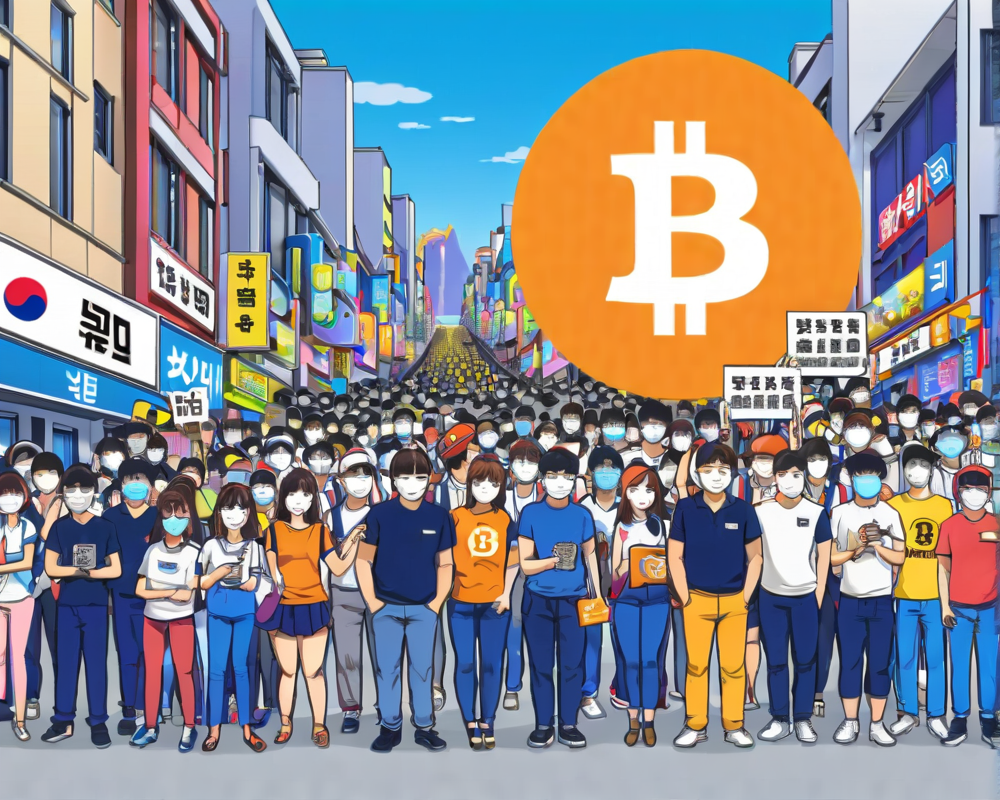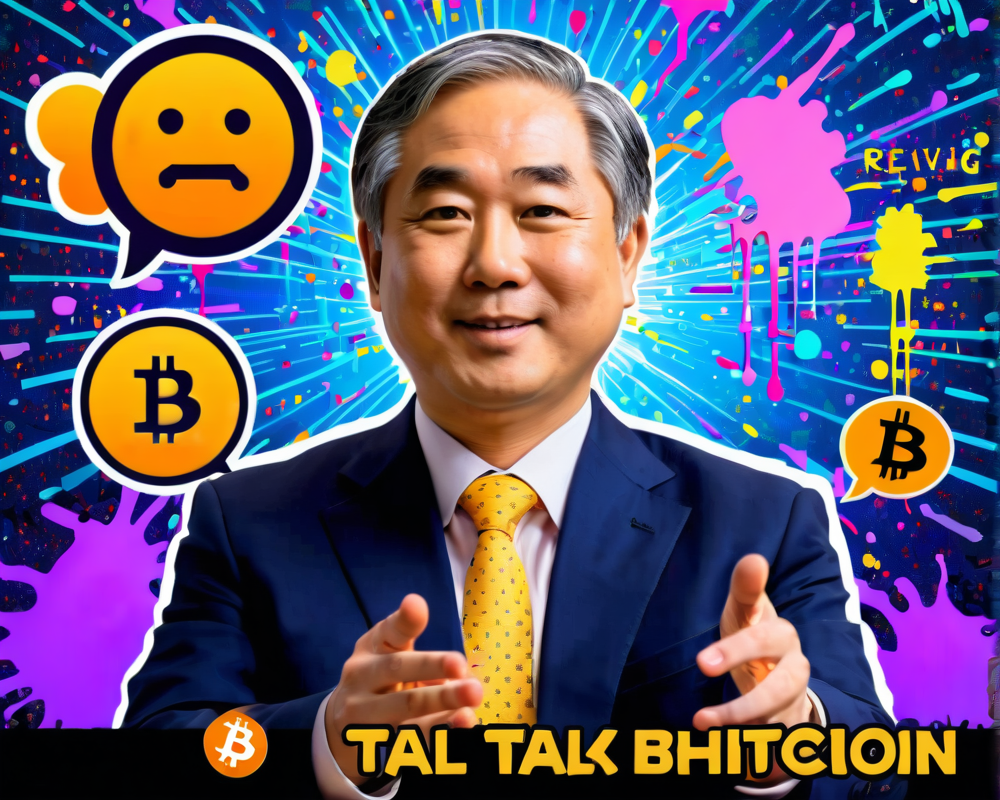Illegal Bitcoin Mining Operations Exposed
In a surprising turn of events, South Korean authorities have arrested 14 individuals allegedly involved in fraudulent Bitcoin mining practices. According to Yonhap, these arrests are part of an ongoing effort to crack down on the misuse of subsidized electricity, which has been going on since May 2017.
How Did They Do It?
These 14 suspects are reportedly linked to 13 different companies, each allegedly utilizing up to 350 mining machines in their operations. What gives these companies an edge? A sweet deal on electricity. They managed to score discounts of about 10% on their energy costs, and that’s not all—they were also renting factory space at significantly lower rates.
The Numbers Behind the Scheme
- 14 Operators: Arrested for illegal activities.
- 13 Companies: Involved in the mining shenanigans.
- 350 Machines: Each company could run this many mining rigs.
- 10% Discount: Shady energy costs that made this operation possible.
Global Context: The Cryptocurrency Conundrum
This scandal not only highlights issues within South Korea but also mirrors global sentiments towards cryptocurrency mining. In the U.S. and Canada, lawmakers have begun voicing their concerns about the perceived lack of benefits these mining companies bring when they request cheaper power. With many jurisdictions feeling left out in the cold, the Bitcoin mining industry appears to be in hot water all around the globe.
The Ripple Effect: China’s Moves
Meanwhile, China, once a titan of the subsidized mining scene, has significantly reduced its support for this sector. Unlike its previous vigor, the country has shifted gears, prompting other nations, including South Korea, to reassess their own regulatory approaches to cryptocurrency.
What’s Next for the Arrested Operators?
For those arrested, it seems that the punishment might not be as severe as one would expect. Reports suggest that fines are on the horizon rather than jail time. While their operations may have been halted, the financial implications might be the only penalties they face.
As the dust settles, it’s clear that the tension between cryptocurrency enthusiasts and regulatory authorities is far from over. South Korea’s actions remind us that while the blockchain may be decentralized, the laws governing it are very much in place.




